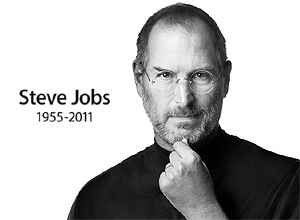 by Roger Martin –
by Roger Martin –
In my latest book, Fixing the Game: Bubbles, Crashes, and What Capitalism Can Learn from the NFL, I wrote about the negative impact of executive stock-based compensation on corporate short-termism. Eliminating stock-based compensation would help reduce the incentive for executive leadership to focus on the short term. But there is a residual problem which has long frustrated me. The answer finally popped into my brain (funny how that works). As usual, the solution won’t be easy to pull off (but that has never stopped me).
The residual problem I’m talking about is corporate short-termism. Many companies face quarterly or even more immediate pressure from their shareholders (increasingly made up of hedge funds, program traders, and day traders) to deliver short-term performance. Worried that short-term-oriented arbitrageurs will put their company in play and short-term-oriented shareholders will gain majority or effective control of the company, ending their ability to steer the long-term trajectory of the company, they focus on making short-term decisions to protect their positions. The paradoxical result is that they never get around to taking those long-term-oriented decisions. [Read more…]

 by Ben Schiller –
by Ben Schiller – by Chris Banescu –
by Chris Banescu –
 by Eric Markowitz –
by Eric Markowitz – by Amy Gallo –
by Amy Gallo –